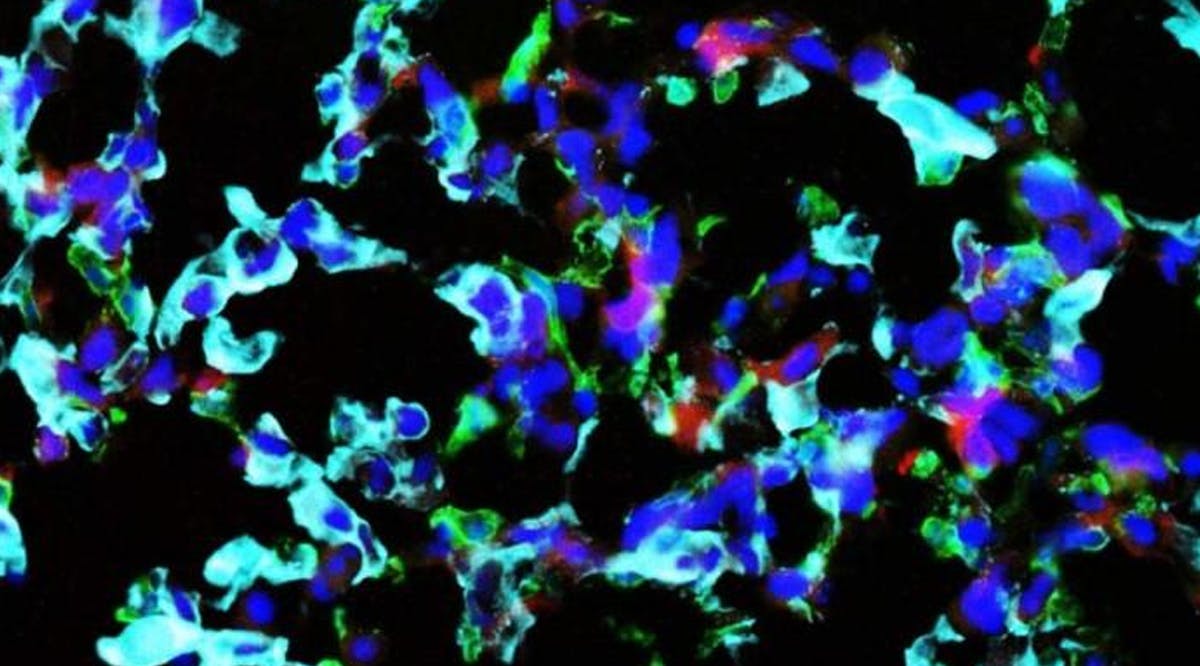
Israeli Study Suggests ‘Silent Mutations’ can Help Detect Cancer and Predict Survival
Researchers at Tel Aviv University have found that “silent mutations” in cancer genomes can be used to predict both the type of cancer and a patient’s probability of surviving it, and say the method they developed may help save lives in the future.
Silent mutations are mutations in DNA that don’t change the sequence of amino acids in proteins and therefore have no effect on an organism’s phenotype — the observable physical characteristics. In recent years, it has been shown that such mutations can affect gene expression, and may be associated with the development and spread of cancer cells.
According to the study led by Prof. Tamir Tuller and research student Tal Gutman, silent mutations can help not only in the diagnosis of cancer but also in identifying cancer types and predicting chances of survival.
Using quantitative tools never before used to explore the functionality of silent mutations, Tuller and Gutman examined some three million mutations from cancer genomes of 9,915 patients and attempted to identify the type of cancer and predict survival probability 10 years after the initial diagnosis — based on silent mutations alone.
The findings show that “the predictive power of silent mutations is often similar to that of ‘ordinary,’ non-silent mutations,” the study says, and furthermore, that “by combining information from silent and non-silent mutations, classification could be improved for 68 percent of the cancer types.”
Tuller said that the results of the study have “several important implications.”
“First of all, there is no doubt that by using silent mutations we can improve existing diagnostic and prognostic models,” he said, noting that a 17% improvement in classification was “very significant.” (TOI / VFI News)
“Beloved, I pray that all may go well with you and that you may be in good health, as it goes well with your soul.” - 3 John 1:2